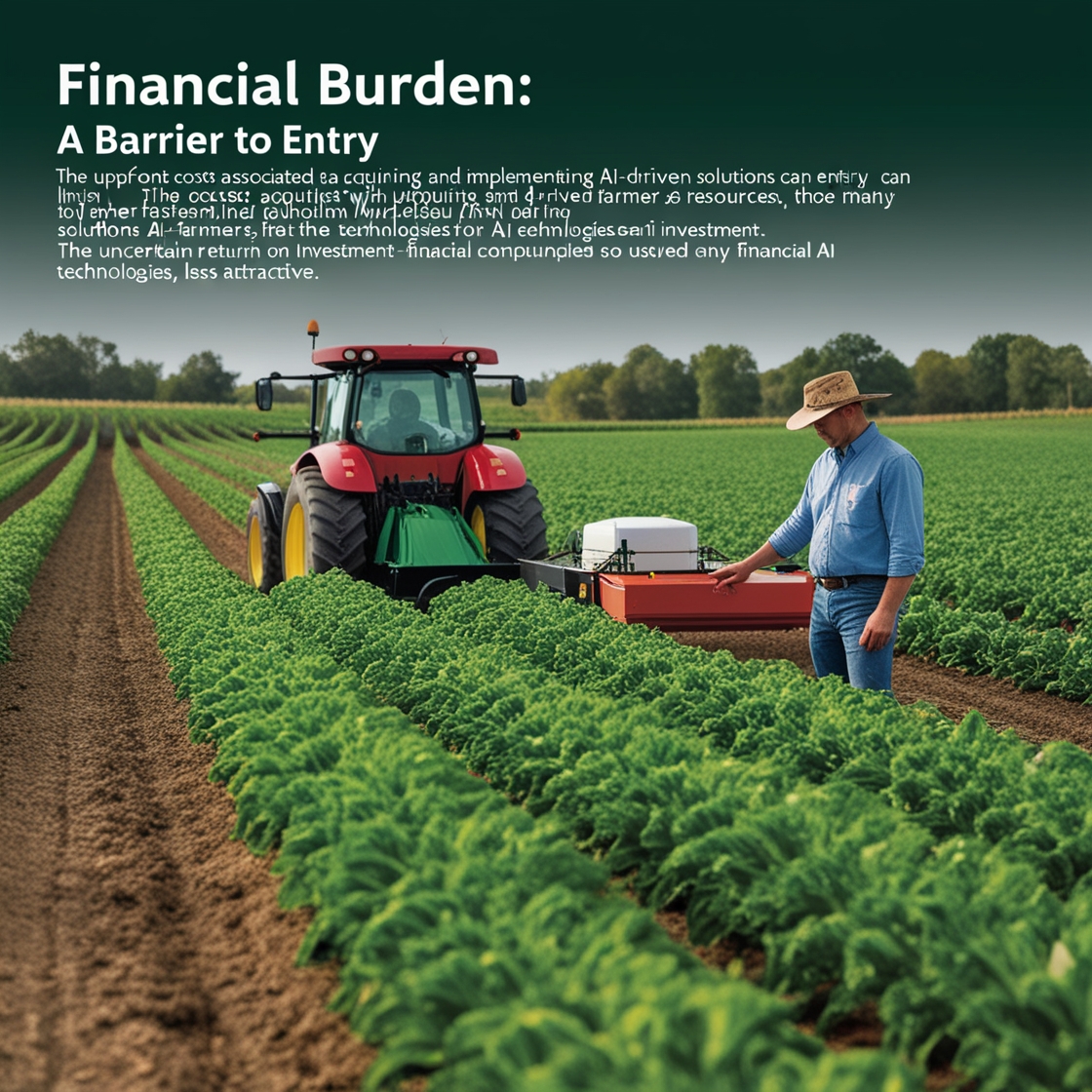How Much Money Do Farm Managers Make? A Complete Salary Guide
Your journey in modern agriculture begins today—are you ready to make a difference?
Understanding the Value of Farm Managers
Imagine stepping onto a vast field at dawn, where rows of crops stretch far into the horizon. Behind the success of that flourishing farm stands a farm manager—an individual who orchestrates everything from planting schedules to labor management. Farm managers don’t just oversee operations; they are the backbone of modern agriculture, ensuring food production remains sustainable, efficient, and profitable.
But if you’re curious about stepping into this rewarding profession, you’re probably wondering: How much money do farm managers make? In this guide, we’ll break down salaries, influencing factors, and strategies to boost earnings so you can make an informed career decision.
Table of Contents
What Does a Farm Manager Do? Responsibilities That Define Their Role
Farm managers wear many hats, balancing leadership, financial planning, and hands-on work. If you decide to pursue this career, your day-to-day role will likely include:
- Overseeing daily farm operations: This involves managing workers, equipment, and crops or livestock.
- Budget management: You’ll handle cost control, purchasing supplies, and ensuring profitability.
- Ensuring compliance: You need to follow government regulations and safety guidelines.
- Optimizing farm output: Through technology and resource management, you’ll aim to boost efficiency and yield.
Key Skills Required for Success
To excel as a farm manager, you’ll need:
- Leadership: Managing teams effectively.
- Technical knowledge: Understanding advanced farm tools and modern machinery.
- Problem-solving: Quick decision-making to resolve farm issues.
- Data analysis: Using data to optimize resources, water usage, and production.
These responsibilities set the foundation for how salaries vary across experience levels and regions.
How Much Do Farm Managers Earn in the U.S.?
Breaking Down the Numbers
On average, farm managers in the United States earn between $50,000 and $80,000 annually, depending on location, experience, and farm size.
- Hourly Wages: Farm managers typically earn $25–$40 per hour, with overtime during peak seasons.
- Top Earners: Experienced farm managers on large operations can earn up to $100,000 annually.
Farm Manager Salary by Experience Level
Here’s a breakdown of average salaries based on experience:
| Experience Level | Average Annual Salary |
|---|---|
| Entry-Level (0–2 years) | $40,000–$50,000 |
| Mid-Level (3–5 years) | $55,000–$70,000 |
| Senior-Level (5+ years) | $75,000–$100,000 |
Factors That Influence How Much Farm Managers Make
1. Location
Farm manager salaries vary greatly depending on the state and rural vs. urban locations. For example:
- California: $85,000+ annually due to high-value crops like fruits and almonds.
- Iowa: $78,000+ annually, as it’s a hub for corn and soybean production.
- Texas: $72,000+ annually, with extensive livestock farming opportunities.
2. Farm Size
Larger farms require greater oversight, leading to higher salaries for managers who can handle complex operations.
- Small Farms: $45,000–$60,000 annually.
- Mid-Sized Farms: $60,000–$80,000 annually.
- Large Corporate Farms: $90,000–$100,000+ annually.
3. Type of Farming
Your salary can also depend on the type of farming operation you manage:
- Crop Farms: Often provide steady salaries with high productivity during planting and harvest seasons.
- Livestock Farms: Include additional tasks like animal health management, which can lead to higher wages.
- Organic Farms: Salaries may be competitive due to growing demand but depend on premium pricing for produce.
4. Education and Certifications
While you don’t always need a degree, holding a bachelor’s degree in agriculture, business, or agribusiness significantly increases your earning potential. Certifications like Precision Agriculture Specialist or Sustainable Farm Manager also make you stand out.
5. Experience
Nothing substitutes experience in farm management. A manager with 5+ years of experience can often negotiate higher salaries and bonuses based on proven results.
Global Salary Trends for Farm Managers
If you’re considering working internationally, here’s how farm manager salaries compare across countries:
| Country | Average Annual Salary |
|---|---|
| United States | $50,000–$80,000 |
| Canada | CAD $60,000–$90,000 |
| Australia | AUD $70,000–$100,000 |
| United Kingdom | £35,000–£60,000 |
| India | ₹500,000–₹1,000,000 per year |

While salaries differ globally, the demand for skilled farm managers remains strong due to the growing need for efficient food production.
How to Increase Your Salary as a Farm Manager
If you’re aiming for higher earnings in farm management, consider these actionable strategies:
- Upgrade Your Education: Pursue degrees in agribusiness, agricultural science, or farm technology. Advanced education opens doors to larger farms and leadership roles.
- Get Certified: Certifications like Certified Crop Advisor or training in sustainable farming practices can boost credibility and salary offers.
- Leverage Technology: Learning to use AI tools, IoT devices, and precision agriculture methods makes you indispensable for modern farms.
- Build Experience: Start with smaller farms, gain hands-on expertise, and work your way up to managing larger, high-revenue operations.
- Network in the Agriculture Industry: Attend farm expos, workshops, and conferences to connect with top-paying employers.
Frequently Asked Questions (FAQs)
Q: How much money do farm managers make annually?
A: On average, farm managers earn between $50,000 and $80,000 per year in the U.S., with higher earnings for experienced professionals.
Q: What skills do you need to become a farm manager?
A: Strong leadership, technical knowledge, financial management, and problem-solving skills are essential for farm managers.
Q: Do farm managers need a degree?
A: While not always required, having a degree in agriculture or business can significantly improve your career opportunities and salary potential.
Q: Which states pay farm managers the most?
A: States like California, Iowa, and Texas are among the highest-paying due to the scale and profitability of their farming industries.
Q: Can technology help farm managers earn more?
A: Yes, mastering tools like AI-driven equipment, soil sensors, and farm management software can improve farm efficiency and boost your value as a manager.
Conclusion: The Rewarding Path of Farm Management
Farm management is not just a job; it’s a calling that shapes the future of agriculture. As a farm manager, you play a crucial role in ensuring food security, implementing sustainable practices, and driving farm profitability.
While salaries range based on location, experience, and farm type, the opportunities to grow in this field are immense. By embracing technology, expanding your skills, and gaining hands-on experience, you can unlock higher earnings and a fulfilling career in agriculture.
If you’re ready to step into this essential role, start exploring farm management courses, connect with professionals in the field, and take the first step toward a thriving career.



